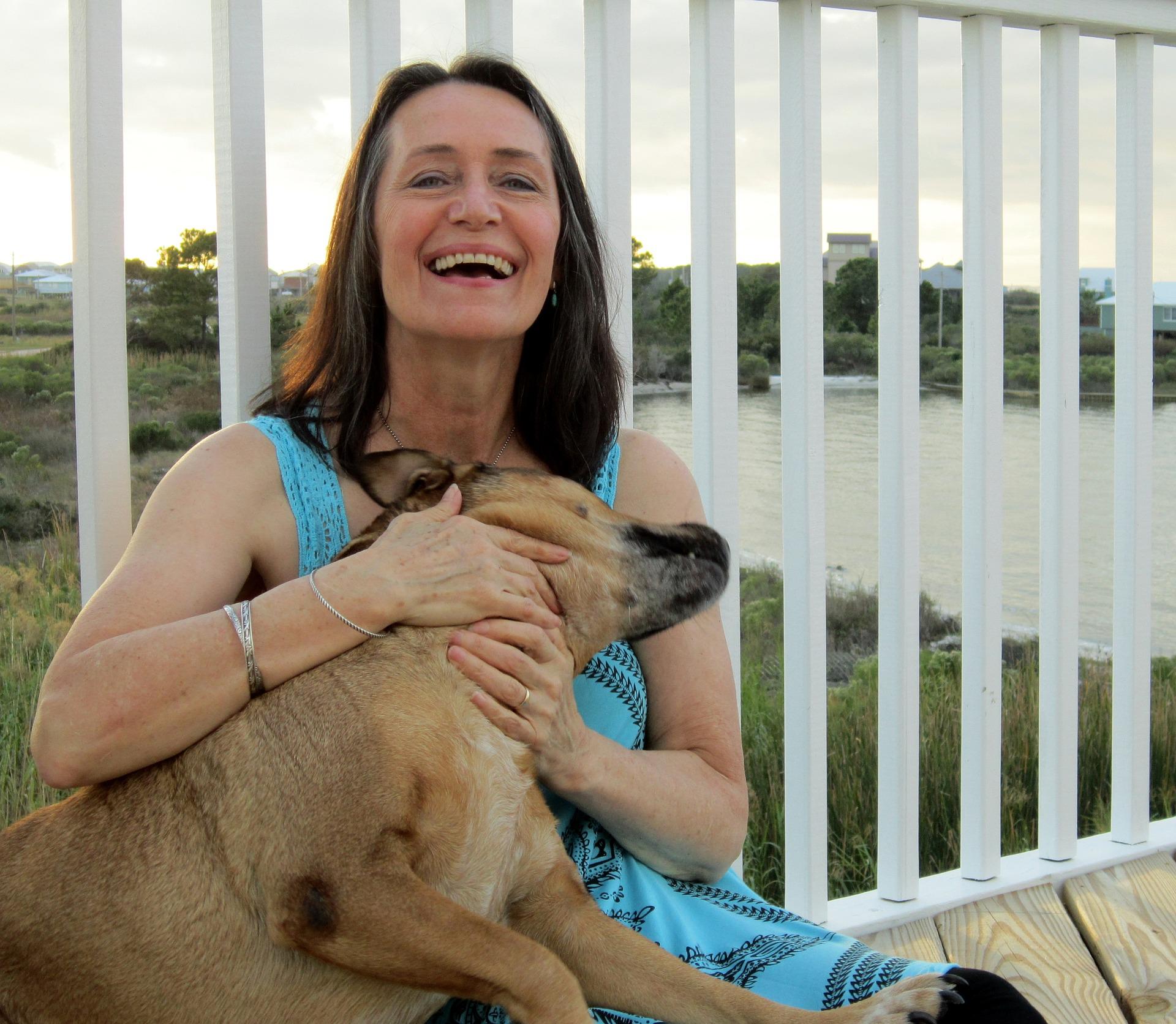
Cambridge, UK – Scientists have developed a new technique for rejuvenating skin cells which has allowed researchers to rewind the cellular biological clock by around 30 years.
The partially rejuvenated cells showed signs of behaving more like youthful cells in experiments simulating a skin wound.
This research, although in early stages, could revolutionise regenerative medicine, especially if it can be replicated in other cell types. The work has been published in the journal eLife.
As people age, skin cells’ ability to function declines and the genome accumulates marks of ageing. Regenerative biology aims to repair or replace cells including old ones.
One of the most important tools in regenerative biology is our ability to create =induced stem cells.
The process is a result of several steps, each erasing some of the marks that make cells specialised. In theory, these stem cells have the potential to become any cell type, but scientists aren’t yet able to reliably recreate the conditions to re-differentiate stem cells into all cell types.
The new method, based on the Nobel Prize winning technique scientists use to make stem cells, overcomes the problem of entirely erasing cell identity by halting reprogramming part of the way through the process.
This allowed the Cambridge researchers to find the precise balance between reprogramming cells, making them biologically younger, while still being able to regain their specialised cell function.
In 2007, Shinya Yamanaka was the first scientist to turn normal cells, which have a specific function, into stem cells which have the special ability to develop into any cell type.
The full process of stem cell reprogramming takes around 50 days using four key molecules called the Yamanaka factors. The new method exposes cells to Yamanaka factors for just 13 days.
At this point, age-related changes are removed and the cells have temporarily lost their identity.
The partly reprogrammed cells were given time to grow under normal conditions, to observe whether their specific skin cell function returned.
Genome analysis showed that cells had regained markers characteristic of skin cells, and this was confirmed by observing collagen production in the reprogrammed cells.
The study has exciting implications. Eventually, researchers may be able to identify genes that rejuvenate without reprogramming, and specifically target those to reduce the effects of ageing.

